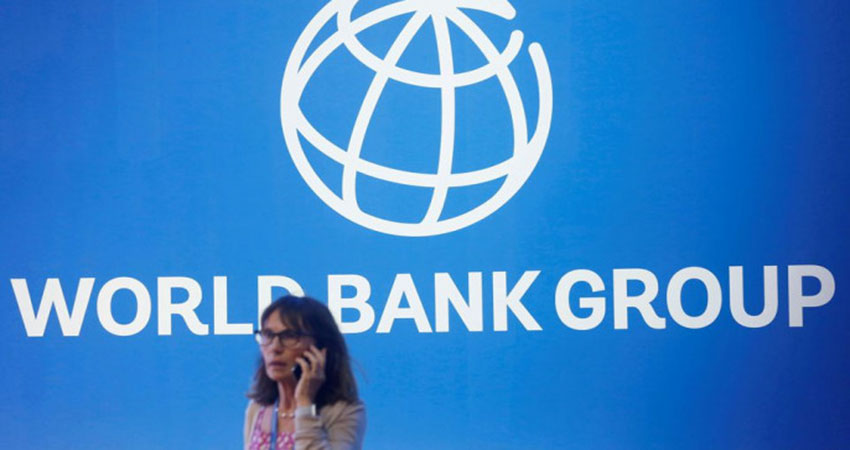The World Bank, in its latest Global Economic Prospects report, stated that Bangladesh's growth forecast will rise to 6.7% in fiscal year 2022-23 (FY23), despite slowing down in the current FY22.
The growth is slated to pick up as pent-up demand surges, investment recovers and remittance inflows will rise as a result of higher growth in the Gulf countries, particularly Saudi Arabia and the United Arab Emirates, the report said on Tuesday.
The report pointed out that energy subsidies as a share of government expenditure are the highest in Bangladesh, along with the Maldives, and Pakistan.
With already high energy costs and the uncertain outlook, the region could face additional pressure from inflation — despite the dampening effect of subsidies — and larger current account deficits.
This pressure could undermine growth, increase poverty, and divert budgetary resources away from productivity-enhancing investment and social protection.
Global growth is also expected to slump from 5.7% in 2021 to 2.9% in 2022 — significantly lower than 4.1% that was anticipated in January, the report added.
It is expected to hover around that pace over 2023-24, as the war in Ukraine disrupts activity, investment, and trade in the near term, pent-up demand fades, and fiscal and monetary policy accommodation is withdrawn.
"The war in Ukraine, lockdowns in China, supply-chain disruptions, and the risk of stagflation are hammering growth. For many countries, recession will be hard to avoid," said World Bank President David Malpass.
Markets look forward, so it is urgent to encourage production and avoid trade restrictions. Changes in fiscal, monetary, climate and debt policy are needed to counter capital misallocation and inequality, he also said.
The June report offered the first systematic assessment of how current global economic conditions compare with the stagflation of the 1970s — with a particular emphasis on how stagflation could affect emerging markets and developing economies.
Developing economies will have to balance the need to ensure fiscal sustainability with the need to mitigate the effects of today's overlapping crises on their poorest citizens, said Ayhan Kose, director of the World Bank's Prospects Group.
"Communicating monetary policy decisions clearly, leveraging credible monetary policy frameworks, and protecting central bank independence can effectively anchor inflation expectations and reduce the amount of policy tightening required to achieve the desired effects on inflation and activity."
The current juncture resembles the 1970s in three key aspects: persistent supply-side disturbances fueling inflation, preceded by a protracted period of highly accommodative monetary policy in major advanced economies, prospects for weakening growth, and vulnerabilities that emerging market and developing economies face with respect to the monetary policy tightening that will be needed to rein in inflation.
Global inflation is expected to be moderate next year but it will likely remain above inflation targets in many economies.
The report noted that if inflation remains elevated, a repeat of the resolution of the earlier stagflation episode could translate into a sharp global downturn along with financial crises in some emerging markets and developing economies.
Among emerging markets and developing economies, growth is also projected to fall from 6.6% in 2021 to 3.4% in 2022 — well below the annual average of 4.8% over 2011-2019.
The report highlighted the need for decisive global and national policy action to avert the worst consequences of the war in Ukraine for the global economy, involving global efforts to limit the harm to those affected by the war, cushion the blow from surging oil and food prices, speed up debt relief, and expand vaccinations in low-income countries.
Policymakers, moreover, should refrain from distortionary policies such as price controls, subsidies, and export bans, which could worsen the recent increase in commodity prices, the report said.



















